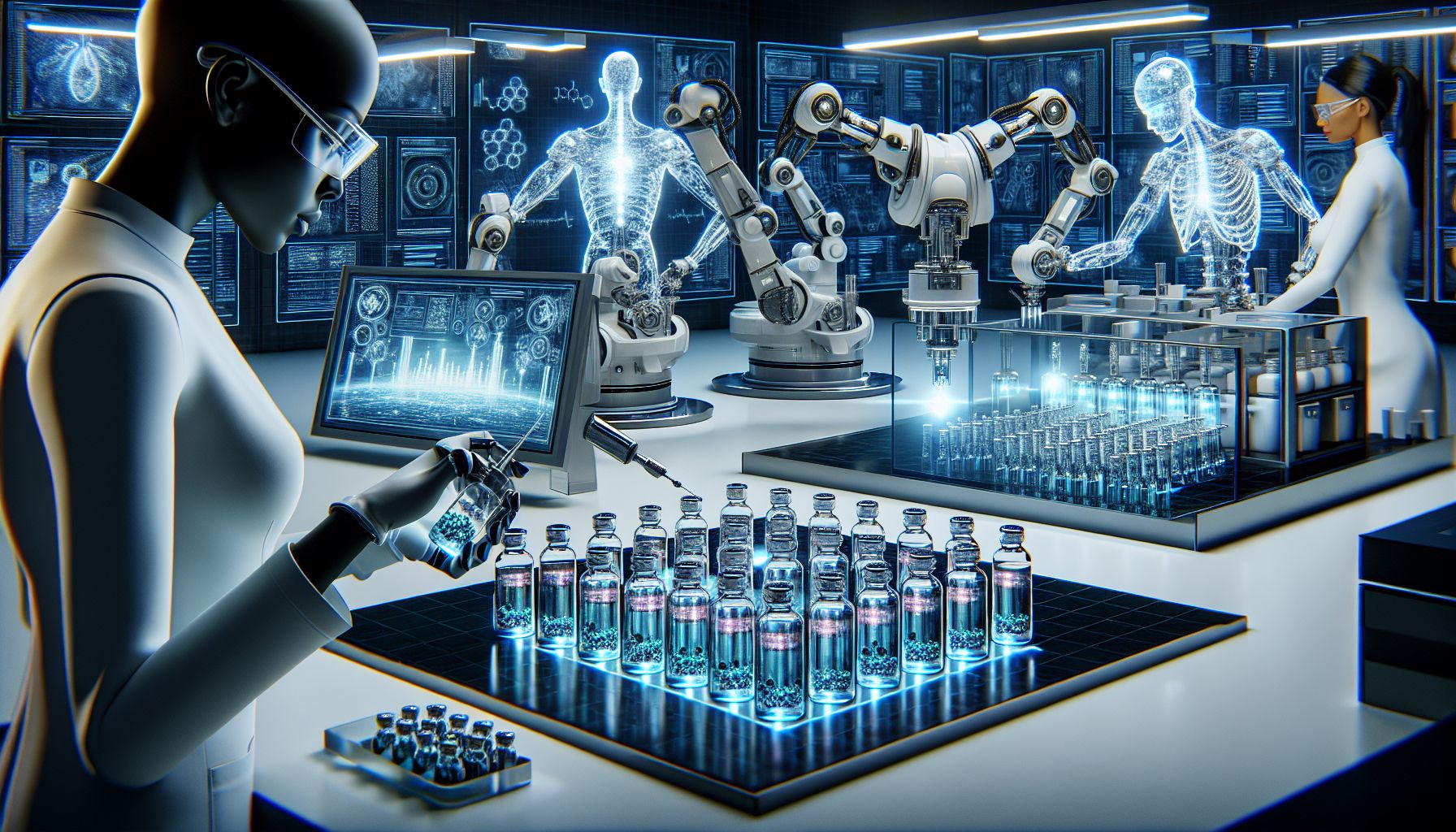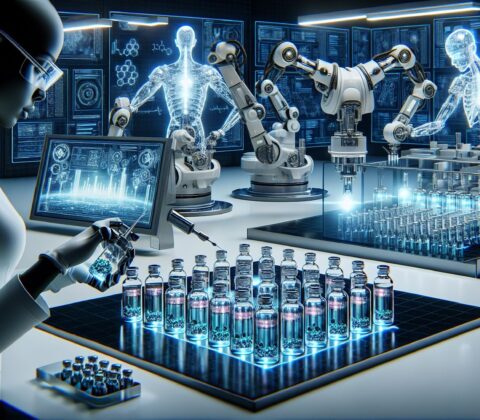

The Intersection of Technology and Pharmaceutical Products
In today’s rapidly evolving world, technology has become an integral part of virtually every industry. The pharmaceutical sector is no exception, as advancements in technology continue to revolutionize the way drugs are developed, tested, and distributed.
One of the most significant ways in which technology is impacting the pharmaceutical industry is through the use of artificial intelligence (AI) and machine learning. These tools enable researchers to sift through vast amounts of data and identify potential drug candidates more quickly and efficiently than ever before. By using AI algorithms to predict how molecules will behave in the body, scientists are able to streamline the drug discovery process and bring new treatments to market faster.
Another area where technology is making a big impact is in the realm of personalized medicine. Advances in genetic sequencing and data analytics have made it possible to tailor treatments to individual patients based on their unique genetic makeup. This level of precision not only improves patient outcomes but also reduces the likelihood of adverse reactions to medications.
Furthermore, technology is playing a crucial role in improving the safety and efficacy of pharmaceutical products. By utilizing data analytics and real-time monitoring, companies can track the performance of their drugs in real-world settings and identify any potential issues early on. This proactive approach helps to ensure that drugs are not only effective but also safe for patients to use.
In addition to drug development, technology is also transforming the way pharmaceutical products are distributed and administered. Telemedicine and digital health platforms are making it easier for patients to access the medications they need without having to visit a physical pharmacy. This not only improves convenience for patients but also helps to reduce the risk of medication errors.
While the integration of technology into the pharmaceutical industry brings about numerous benefits, it also presents its own set of challenges. Issues such as data privacy, cybersecurity, and regulatory compliance must be carefully navigated to ensure that patient information remains secure and that drugs meet the necessary quality standards.
In conclusion, the intersection of technology and pharmaceutical products is reshaping the way drugs are developed, tested, and distributed. From AI-driven drug discovery to personalized medicine and digital health platforms, technology is helping to improve the safety, efficacy, and accessibility of pharmaceutical products. As the industry continues to evolve, it is essential for companies to embrace technology and leverage its power to drive innovation and improve patient outcomes.
Comments are Disabled